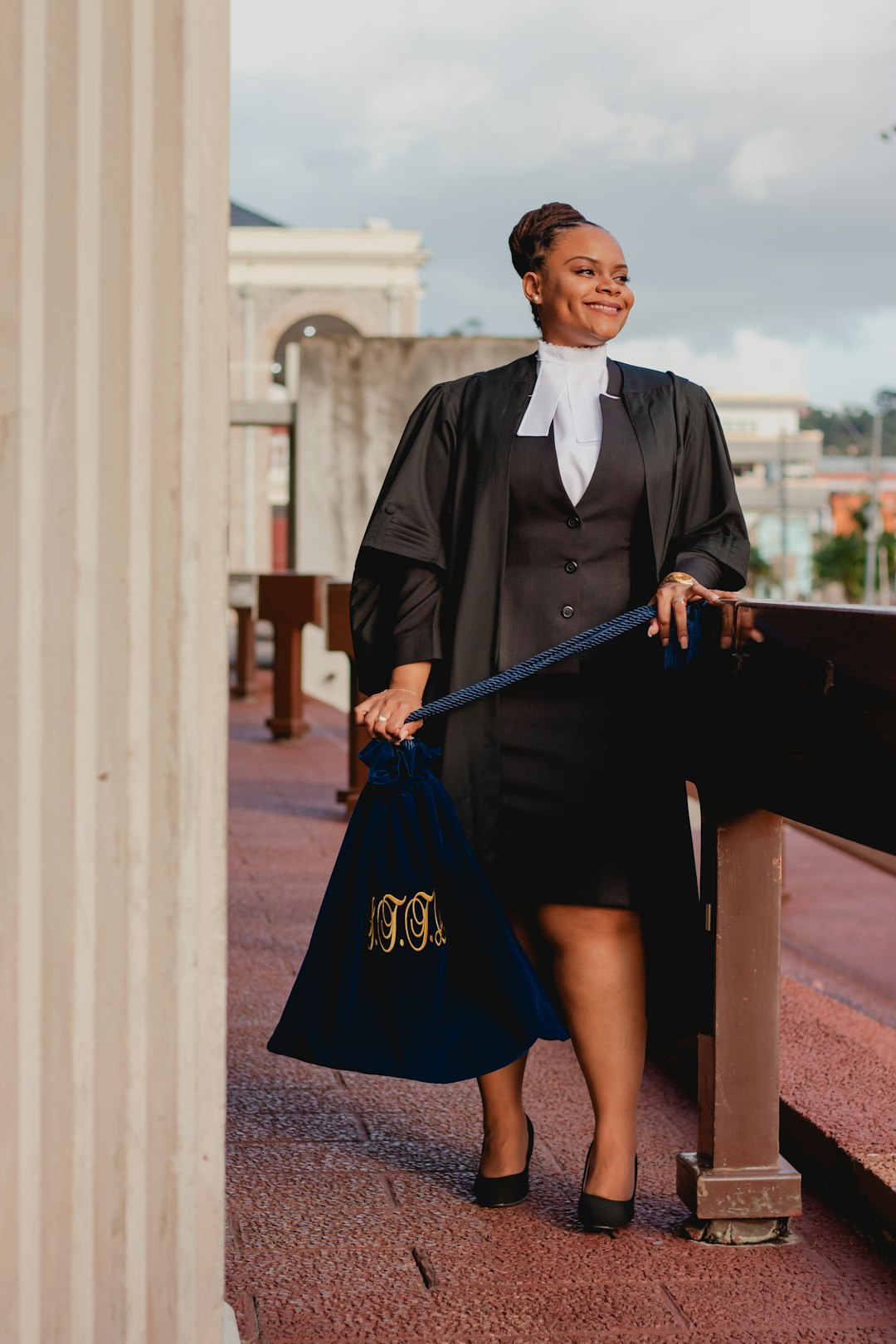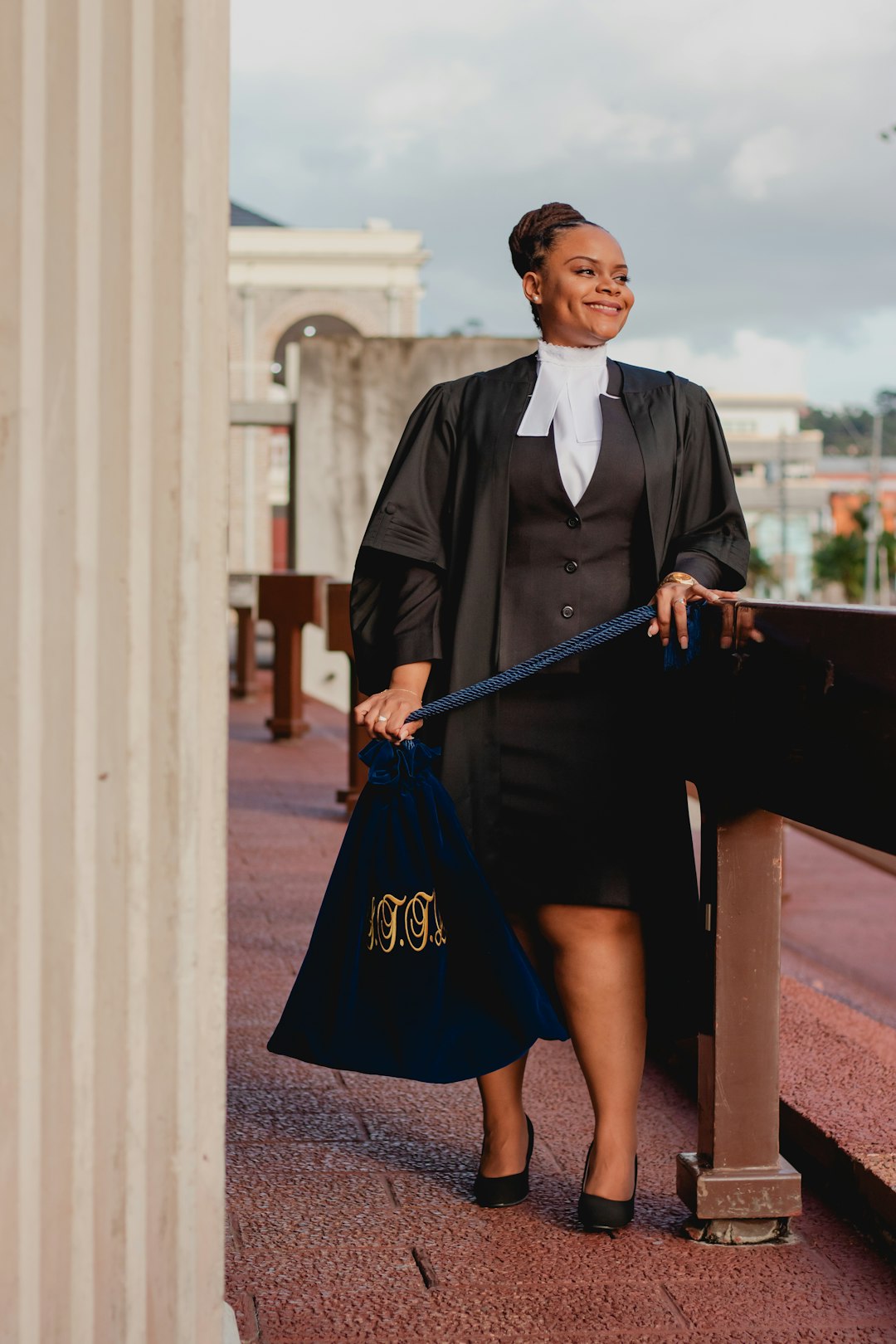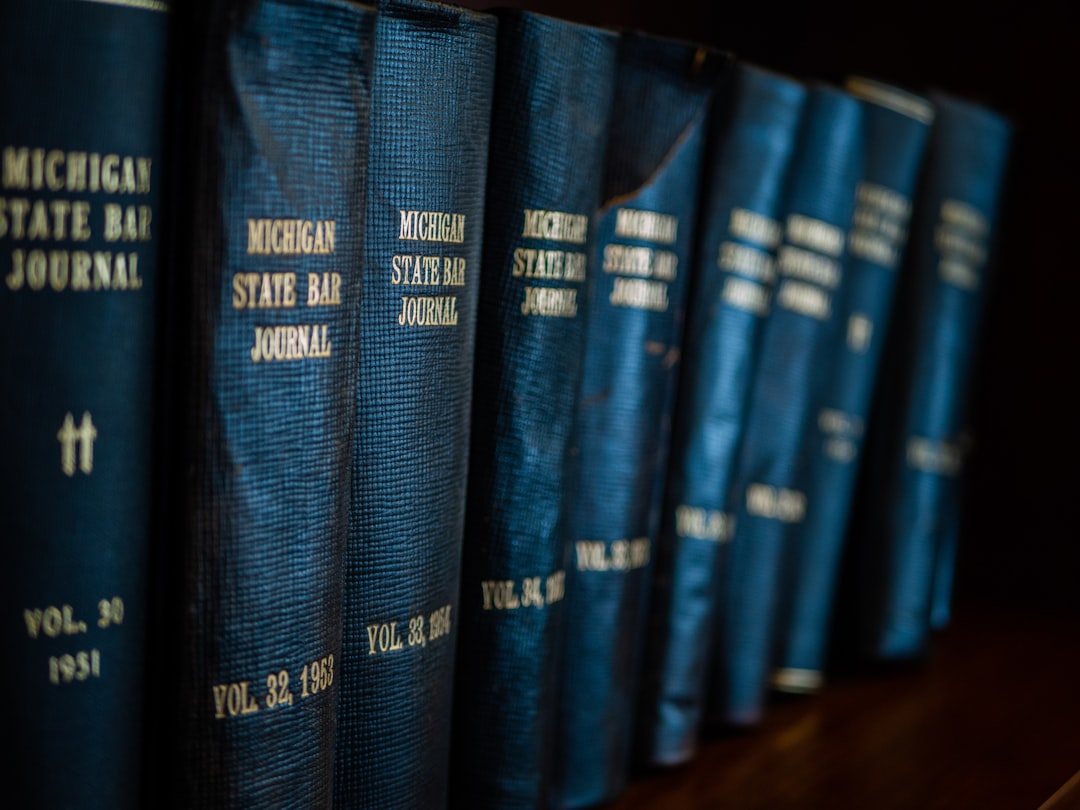In St. Louis, Missouri, understanding intersectionality is crucial for achieving justice in sexual assault cases. Sexual assault lawyers play a vital role by advocating for clients with diverse backgrounds, addressing systemic oppressions contributing to their trauma. They challenge biases against marginalized communities and employ strategies highlighting intersectionality for accurate representation. Navigating complexities of identity intersections, these lawyers ensure inclusive legal strategies addressing systemic inequality. By challenging both criminal acts and societal issues, they provide effective support for survivors from diverse backgrounds, particularly important in Missouri’s diverse communities. A robust case demands strategic approaches, including comprehensive documentation and specialized legal expertise, with intersectional considerations crucial for marginalized survivors’ rights and dignity. Advocating for systemic reforms and diverse representation among legal professionals is essential for a more just and equitable system addressing sexual assault.
In St. Louis, as in many jurisdictions, addressing intersectionality in sexual assault cases is paramount for achieving justice. This article delves into the critical concept of intersectionality within sexual assault law, examining its profound impact on victims with diverse identities. We explore systemic biases within the legal landscape of Missouri and strategize for stronger cases. By understanding and navigating these complexities, we advocate for reforms that move towards a more just approach for all survivors, emphasizing the role of a specialized sexual assault lawyer in Missouri.
Understanding Intersectionality: A Key Concept in Sexual Assault Law

In the complex landscape of sexual assault cases, especially in diverse cities like St. Louis, Missouri, understanding intersectionality is paramount for justice. Intersectionality recognizes that individuals experience discrimination and marginalization not in isolation but through the overlapping and interconnected dimensions of their identities, such as race, gender, class, sexuality, and disability. This concept challenges the traditional binary approaches to identity by acknowledging that these factors don’t exist separately but rather intersect, creating unique experiences and barriers for survivors.
For a sexual assault lawyer in Missouri, grasping intersectionality means advocating for clients while recognizing their diverse backgrounds. It involves addressing how systemic oppressions might have contributed to the trauma and obstacles faced by survivors. By incorporating intersectional principles, legal professionals can provide more nuanced representations, ensuring that the unique needs of each client are met fairly and effectively within the legal system.
The Impact of Systemic Bias on St. Louis’ Legal Landscape

In addressing intersectionality in St. Louis’ sexual assault cases, it’s crucial to understand the profound impact of systemic bias on the legal landscape. Missouri, like many regions across the country, is not immune to deeply ingrained prejudices that can influence outcomes in courtrooms. Biases against marginalized communities—including racial and ethnic minorities, LGBTQ+ individuals, and those with disabilities—can create a web of challenges for victims seeking justice. These biases manifest in various forms, from prejudiced perceptions during trials to uneven application of laws and policies.
Sexual assault lawyers in Missouri play a vital role in navigating this complex environment. They must be adept at uncovering and challenging systemic biases that can lead to unfair treatments. By employing strategies that highlight intersectionality, these legal professionals ensure their clients’ experiences are accurately represented, advocating for justice despite the obstacles posed by societal prejudices.
Representing Victims: Navigating the Complexities of Intersectional Identity

When representing victims of sexual assault in St. Louis, it’s crucial to understand and navigate the complexities of intersectional identity. Many survivors face multiple layers of discrimination and adversity due to their race, gender, socioeconomic status, disability, or other factors. For instance, a Black woman experiencing sexual assault may encounter unique challenges, including bias within the justice system and societal stereotypes that can undermine her credibility. A sexual assault lawyer in Missouri must be sensitive to these intersections, ensuring that their legal strategies and advocacy methods are inclusive and affirming of the victim’s identity.
This nuanced approach involves not only challenging the criminal act but also addressing systemic issues that perpetuate inequality. By recognizing and addressing intersectional identities, a sexual assault lawyer can provide more effective support, help victims feel heard and respected, and work towards securing justice in what can often be a complex and traumatic legal process. This is particularly important in Missouri, where the presence of diverse communities requires legal representatives to be attuned to the specific needs and experiences of their clients.
Strategies for Building a Strong Case: Overcoming Legal and Social Barriers

Building a strong case in sexual assault cases, especially for survivors from diverse backgrounds, requires strategic approaches to navigate legal and social barriers. One key strategy is ensuring comprehensive documentation of the assault, including medical records, police reports, and witness statements. This detailed account helps challenge any potential doubts or misconceptions that may arise during trials. Additionally, employing a sexual assault lawyer in Missouri with a proven track record in handling such cases is vital to navigating complex legal procedures.
Intersectional considerations play a significant role in these cases. Lawyers should be sensitive to the unique challenges faced by survivors from marginalized communities, including racial and ethnic minorities, LGBTQ+ individuals, and people with disabilities. Customized legal strategies that address these intersections can strengthen the case while ensuring the survivor’s rights and dignity are respected throughout the process.
Moving Forward: Advocacy and Reforms for a More Just Approach

As we move forward, it’s crucial to advocate for systemic reforms in St. Louis and beyond to address intersectionality in sexual assault cases. This involves recognizing and addressing the unique challenges faced by survivors who belong to marginalized communities, such as racial and ethnic minorities, LGBTQ+ individuals, and those with disabilities. One significant step is to ensure diverse representation among legal professionals, including trained sexual assault lawyers in Missouri, who can offer culturally competent support and navigate complex legal systems effectively.
Reforms should also focus on enhancing community education, early intervention, and support services. By promoting awareness about intersectional issues in sexual violence, we can foster a more just and equitable approach. This includes advocating for policies that protect survivors’ rights, improve access to justice, and hold perpetrators accountable while providing resources for long-term healing and recovery.






